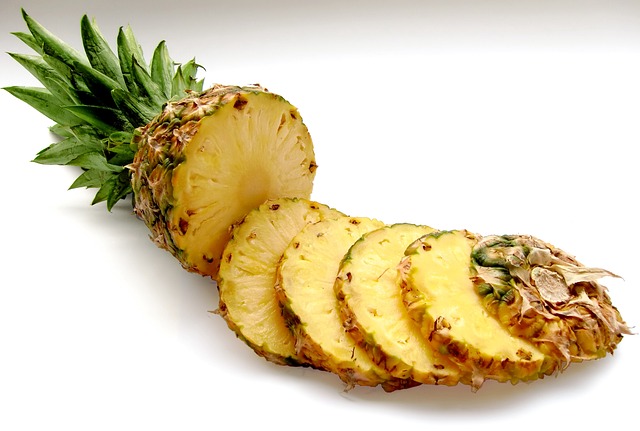Unleashing the Power of Probiotics: A Guide to Optimal Gut Health
In recent years, there has been growing interest and research into the importance of gut health. Scientists have discovered that the balance of bacteria in our digestive system plays a crucial role in our overall well-being. This is where probiotics come into the picture. Probiotics are live bacteria and yeasts that are incredibly beneficial to our bodies, especially our gut. In this guide, we will explore the power of probiotics and how they can help maintain optimal gut health.
Understanding Probiotics
Probiotics are often referred to as “good” or “friendly” bacteria because they promote a healthy balance of microorganisms in our gut. They are naturally found in some foods and also available as dietary supplements.
Probiotics work by colonizing our intestinal tract, crowding out harmful bacteria and promoting the growth of beneficial ones. They enhance our body’s natural ability to digest food, absorb nutrients, and support our immune system.
The Benefits of Probiotics
Probiotics offer numerous benefits for our gut health and overall well-being:
- Improved Digestion: Probiotics help break down food and absorb essential nutrients, preventing digestive issues such as bloating, constipation, and diarrhea.
- Enhanced Immune Function: Approximately 70% of our immune system resides in our gut. Probiotics support the immune system by strengthening the gut barrier and promoting the production of natural antibodies.
- Reduced Inflammation: Probiotics have anti-inflammatory properties, which can help alleviate symptoms of inflammatory bowel diseases such as Crohn’s disease and ulcerative colitis.
- Mood Regulation: The gut-brain connection is a fascinating field of study. Probiotics can influence the production of neurotransmitters like serotonin, which plays a crucial role in regulating mood, anxiety, and depression.
- Weight Management: Some strains of probiotics have been found to aid in weight loss and prevent obesity by influencing the hormones involved in appetite control.
Food Sources of Probiotics
To reap the benefits of probiotics, it’s essential to incorporate probiotic-rich foods into your diet. Here are some excellent natural sources:
- Yogurt: Choose yogurts with live and active cultures. Greek yogurt, in particular, is a great option.
- Kefir: A fermented milk drink packed with probiotics. It has a tangy taste and can be enjoyed plain or added to smoothies.
- Sauerkraut: Fermented cabbage that contains live bacteria. Look for unpasteurized sauerkraut to ensure the probiotics are intact.
- Kimchi: A traditional Korean side dish made from fermented vegetables, usually cabbage and radishes.
- Miso: A Japanese soybean paste rich in probiotics. It is commonly used in soups and marinades.
- Tempeh: A fermented soybean product with a nutty flavor and firm texture. It can be used as a meat substitute in various dishes.
Choosing Probiotic Supplements
While obtaining probiotics from food is ideal, supplements can be a convenient option, especially if you have dietary restrictions or struggle to include probiotic-rich foods in your daily routine. When choosing a probiotic supplement, consider the following:
- Strain Diversity: Look for a supplement that contains multiple strains of bacteria to ensure you’re getting a broad spectrum of benefits.
- Colony Forming Units (CFUs): CFUs indicate the number of viable bacteria present in each dose. Aim for a supplement with at least 1-10 billion CFUs.
- Reputable Brands: Research the brand and ensure they have a good reputation for quality







